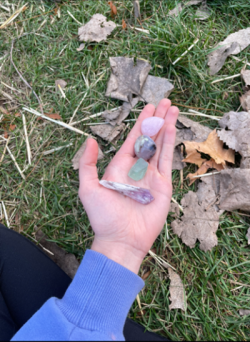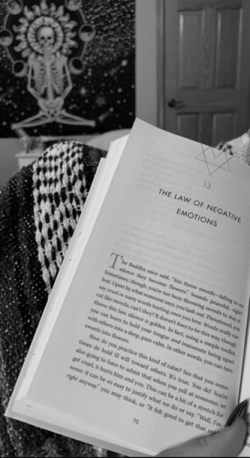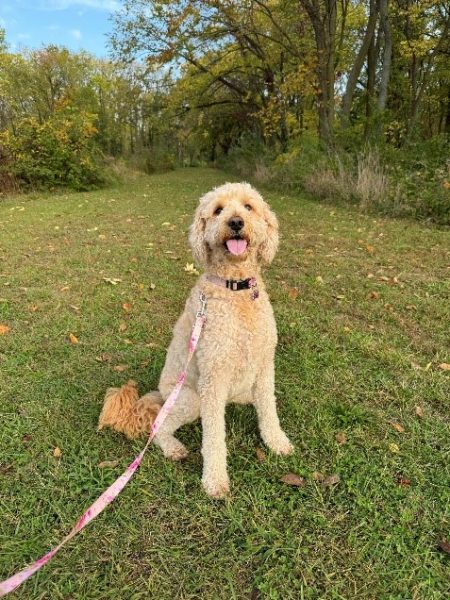Combatting Stress

March 15, 2022
As teenagers, our lives, are consistently in a rapid state of change–friendships, jobs, activities, grades. Often it may feel as if everything we do elicits some sort of pressure: pressure to push harder, do better, be better. Not to mention the infinite amount of decisions to be made regarding our future that constantly linger in the back of our minds. No matter what, stress is inevitable; it’s human nature. The way we choose to deal with this stress, however, can have a significant impact on our mental health. As human beings, we cannot expect to properly refocus and align ourselves with our true potential by suppressing our feelings or turning to unhealthy, impractical habits in search of release. Sometimes, it’s just hard to make the right decision on how to cope and that’s why I feel it’s vital that we bring awareness to these healthier options. This article will highlight a variety of ways to combat stress and how each specifically aids in dealing with these difficult emotions.
One method that I have recently discovered is journaling. Social media, especially TikTok, has significantly romanticized the idea of journaling, making it seem almost inane. Nevertheless, journaling is one of the best coping mechanisms for handling stress. Writing out all the thoughts and feelings that swarm the mind as a result of stress brings a tremendous sense of relief. Not only does it release these harmful thoughts from our minds but rereading these journal entries also gives us the opportunity to look at our problems from a new perspective. Most of the time, the issues that weigh us down the most are actually insignificant in the long run; it just takes physically seeing them on paper to help us comprehend that.
Another great option is meditation. I find that people fail to acknowledge the power meditation truly holds. The idea of being alone with yourself and maintaining a clear state of mind can be frightening, especially when in a frantic state of stress. However, meditation does not have to be hours of sitting cross-legged alone on a yoga mat. It looks different for everyone. Meditation can take place indoors or outdoors, with or without movement. In short, the whole purpose is to set an intention, acknowledge any thoughts that may arise, and find peace. It’s difficult for some people and it may not be for everyone, but I’m a firm believer that sometimes we have to venture outside of our comfort zones to heal.
Exercise is a much more popular way to combat stress because of how versatile it is. Yoga, running, weightlifting, swimming, and walking are just some of the countless options. Intensity can range from no sweat to a strenuous workout, and both are completely acceptable. The only thing that matters is that you find joy in the movement. Exercise is not solely for building physical muscle or endurance; it helps strengthen the mind as well. It offers a distraction from what is hindering us from thinking clearly and allows us to release endorphins despite our negative feelings.

Some other methods that are worth considering include affirmations, taking breaks regularly, and getting enough rest. Finding time to affirm yourself regularly not only boosts self-esteem but also produces the confidence necessary to handle difficult situations. Growing confidence in your judgement allows you to learn how to handle stressful situations in a manner that doesn’t destroy your mental health. In a similar way, trusting yourself to take breaks and make time for self-care related activities also plays an important role in managing stress. Rest is such an important factor in our overall health that is often neglected. People tend to associate rest with laziness or a lack of discipline. However, life without rest of any kind is not sustainable in the long run. When creating a workout split, you must incorporate active rest days, so your muscles have enough time to fully recover and grow stronger. Our minds are the same way. We cannot expect growth and healing if we do not allow ourselves time to pause, rest, and reflect. Whether this means giving yourself the time to read a book you enjoy, scroll on social media, or just take a nap, rest is key to handling stressful situations.
In a podcast I was listening to the other morning, the phrase “awareness is growth” really struck me. Collectively, we all go through endless cycles of emotions. These constant highs and lows are simply just a part of life, and while they could be extremely heavy on the heart and mind, just being aware of how you’re feeling is the first step. This acknowledgment allows us to gain a deeper understanding of what we need to grow and heal, and sometimes we just need a little help finding habits that can gravitate us back towards balance and mental clarity. The habits listed above may not work for you, and that’s perfectly fine as long as you know how to alleviate your stress. If you truly don’t know, I highly encourage you to branch out and try these habits. Sometimes we all just need to do a little soul searching to put your mental health first.







